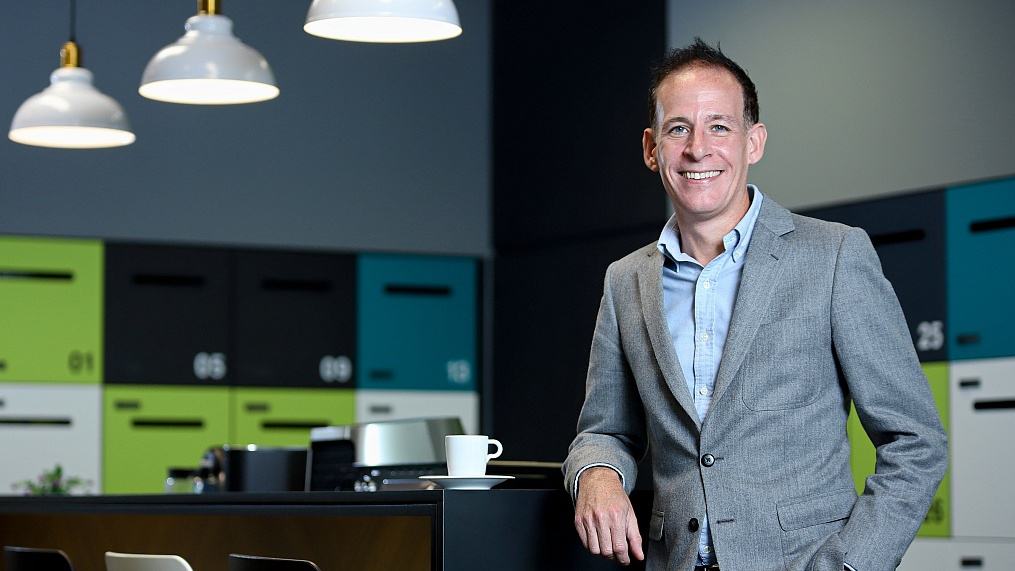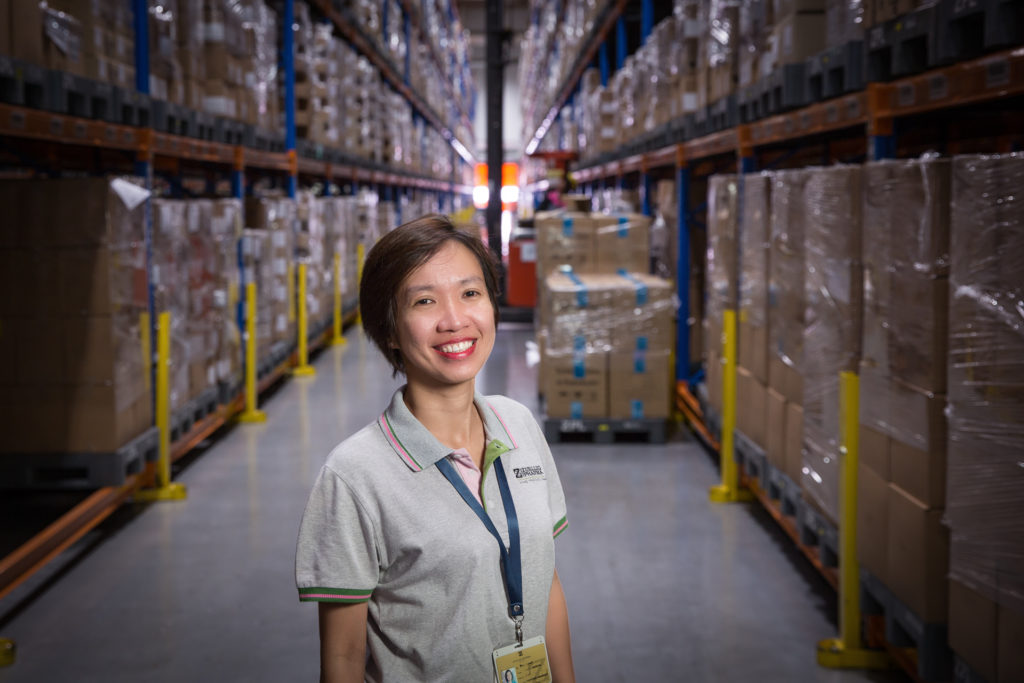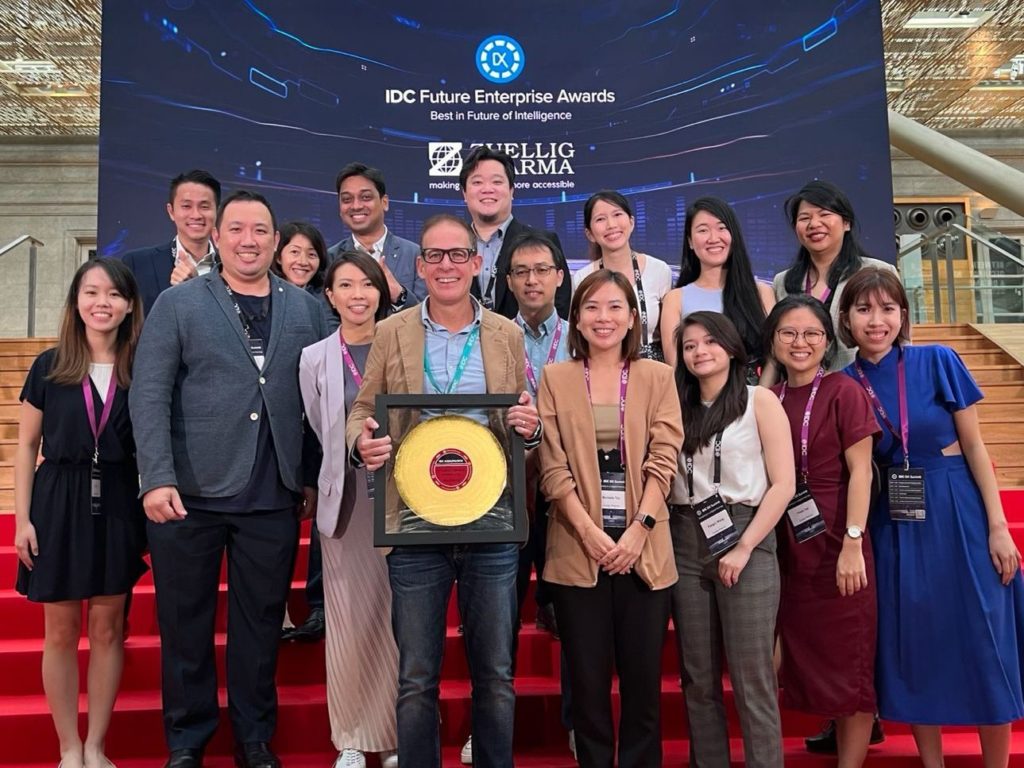Zuellig Pharma calls itself a digital-first integrated healthcare services provider. But it wasn’t born digital by any stretch of the imagination.
Incorporated in 1922, F.C. Zuellig Inc. started as a general merchant, agent, distributor, manufacturer, exporter and importer in diverse fields, such as textiles, insurance, shipping and transport, consumer goods, healthcare products, household appliances, commodities, industrial chemicals and machinery.
In 1938, Zuellig formed a drug department specialised in the importation, marketing and distribution of healthcare products. Over the years, Zuellig Pharma developed into an autonomous operation and became one of the flagship businesses of the Zuellig Group.
In 2022, Zuellig Pharma’s efforts around data and data analytics, its pioneering effort around the use of blockchain as part of a traceability solution, and its creation of a B2B eCommerce for the buying and selling of healthcare products secure it multiple awards at the IDC Future Enterprise Awards 2022.

FutureCIO spoke to Daniel Laverick, senior vice president and head of Digital & Data at Zuellig Pharma on the company’s digital-first ambitions and lessons along its transformation journey.
Describe the current business of Zuellig Pharma in Asia
Daniel Laverick: What we do is bring together solutions that connect clients and consumers. We cover all areas of the healthcare ecosystem including clinical reach, commercial distribution, and digital solutions, as well as peer services and patient care.
Our goal is to build a patient-centric supply chain. The idea is that we amplify value for the end consumer or patient. We augment this with digital and data solutions.
One such solution is eZTracker which aims to set the standard for the pharma supply chain and end-to-end traceability. Data analytics is a big part of what we do – giving insights to pharma clients and helping them to accelerate commercial growth by enabling data-driven quality insights for the kind of business strategies.
The largest in ASEAN, eZRx is a B2B e-commerce healthcare platform connecting Zuellig Pharma's ecosystem. eZHealth is a super app.
What would you say is unique about Zuellig Pharma?
Daniel Laverick: I think from our perspective, we have a very well-established set of digital solutions which augment a very traditional brick-and-mortar distribution business.
Zuellig Pharma celebrated its 100th year recently. What started as a traditional brick-and-mortar business operating in 13 markets in Asia in what can only be described as a very fragmented ecosystem – very different markets.
About five years ago Zuellig Pharma decided it wanted to become a digital-first organisation. We disrupt ourselves by bringing in these digital solutions. As a traceability solution, eZTracker, for example, is arguably the first production application in the world to use blockchain.
Zuellig Pharma pivoted from very traditional and labour-intensive operations by bringing in these platforms. This year (2022) between 35 to 40% of our orders will be processed digitally through the eZRx platform. This includes orders from our customers on a self-service platform to our reps and client reps using the solution.
How does data support the business of Zuellig Pharma today?
Daniel Laverick: Traditionally, pharma supply chains operate in silos. There is a lack of data integration and visibility.

For instance, in this region, there is a lack of product serialization. This means that each product doesn't carry a unique identifier on it. There is a lack of real data-driven analytical insights. The consequence is a supply chain vulnerable to things like disruption, illicit sales, and counterfeiting. Products that are sold into one channel could turn up in another channel – for instance, medicine sold to a government hospital could suddenly turn up in a private clinic or e-commerce site.
You bring all of that and obviously what you start seeing is that patient safety is compromised, and you have an erosion of patient trust.
At Zuellig Pharma, we’ve been using data analytics for our core business for five or six years now. It has allowed us to take a holistic view of the company and helps us answer how we can add value across the entire chain. From there, how can we then work with our partners, our clients, to help them accelerate commercial growth? To enable organisations to deliver commercial excellence in a much more agile way.
Walk us through Zuellig Pharma’s digital transformation journey
Daniel Laverick: At Zuellig Pharma, what we are working towards is to build an ecosystem of solutions that benefit both the end consumer meaning patients, customers and our B2B clients.
The approach that we've taken is to build collaborative solutions that are multifaceted in today's context. It's about taking our expertise, our in-house expertise, the single ecosystem that we've got using our extensive on-the-ground distribution network, and then trying to bring in these innovative online channels.
"The end goal is to make healthcare more accessible. It is around looking at how we could create this integrated ecosystem of a digital-first patient-centric data solution. How could we provide digital solutions that use data to deliver actionable insights and commercial value?"
Daniel Laverick
Could we play a part in innovating and raising industry standards for the pharma supply chain through these solutions?
Naturally, we're going to see an increase in patient engagement. There are going to be more touchpoints. How can we play a role in orchestrating the connectivity between our pharma clients, manufacturers, healthcare providers, and patients?
What has been instrumental in achieving the company's transformation?
Daniel Laverick: At Zuellig Pharma, we pride ourselves on being at the forefront of innovation in the healthcare industry. Technology has been a key enabler to help us drive digital transformation and innovation.
What has helped us achieve these is the connected digital ecosystem allowing us to unlock opportunities. Early on we recognised that this is around partnerships and collaborations and that no one party can go it alone.
How could we work through data partnerships or technology collaborations to co-create solutions that add value to the end consumer?
What are the challenges you encountered along the journey?
Daniel Laverick: We are in 13 markets across Asia. Each market is at a different stage of the digital transformation journey.
"We use a lot of cutting-edge technology. We spend a lot of time around education and awareness around each of the technologies we use – blockchain, cloud computing, privacy, enhancing technology, confidential computing – why they are needed, and what they give to the end consumer or the partnership."
Daniel Laverick
So, one barrier to technology adoption is readiness. At this stage, it is an educational process.
One area that we've tried to be very close with is working with governments, looking at this public-private partnership, and introducing new and sustainable technology with the end goal of making healthcare more accessible.
How do you see Zuellig Pharma’s use of technology evolving?
Daniel Laverick: We see data as a critical enterprise asset. Data presents its challenges and not just in terms of the technology itself, or our capability to use these. There is a lot around making sure your data processes are compliant, and that you observe privacy rules and well as competition laws.
Asia is a little behind when it comes to privacy protection, as compared to Europe with GDPR, but the region is fast catching up. So, how are we able to help data consumers who are not only behind the maturity curve and possibly lack trust in the new technology? How do you ensure the confidentiality of data in trusted environments?
As a leading distributor in the region, we are looking to amplify the value to our patients using a two-pronged approach with data and digital solutions. From there, allow (other) businesses to tap our expertise and gain the insights to look at things like automation and other potential solutions to optimise processes.
What’s your view on cutting-edge technology adoption?
Daniel Laverick: I am a big champion of pushing the boundaries in the technology space. We are an early adopter of blockchain, having started using it five years ago. Built on the blockchain, eZTracker connects end consumers and clients on one platform, allowing people to access data that the client wants to show. It is useful for the end consumers without having to transfer it anywhere. We do not get into any of these data sovereignty issues about who owns the data.
I think artificial intelligence (AI) is going to become very prominent. We brought in a solution which we call Infection Watch Initiative. It looks at data from our internal processes – sales and distribution data, looking at third-party data sources, such as prescriptions, insurance type, and sentiment data to help us predicts an outbreak somewhere.
By looking at these different data points, we can perhaps predict an outbreak in a particular geographic location. From there, we can make informed decisions about what we need to do, and who we need to work with.
And then the final one is e-commerce. Our eZRx platform is a B2B e-commerce platform where we use data to B2C hyper personalisation experience and bring it to a B2B environment.
Advice to leaders interested in improving their use of data
Daniel Laverick: I think companies need to recognise that collaboration across the ecosystem is key to success. Transformation is something that you can do alone. I'm sure we are going to see more collaborations between industry players.
"I think having a common goal – making healthcare more accessible – and an ecosystem enabled through technology is contingent on having the three Ps of private, public and partnerships."
Daniel Laverick
And having good, strong support in the government sector, and getting members of the public on board to help drive the industry and move it forward. Digital transformation transcends beyond just changing or implementing systems and processes.

I do not think that being digital-first does not mean people come second. I think they go together. You can throw in all the fancy technology but if you don’t have the right people to lead and drive it successfully, then it will fail.




